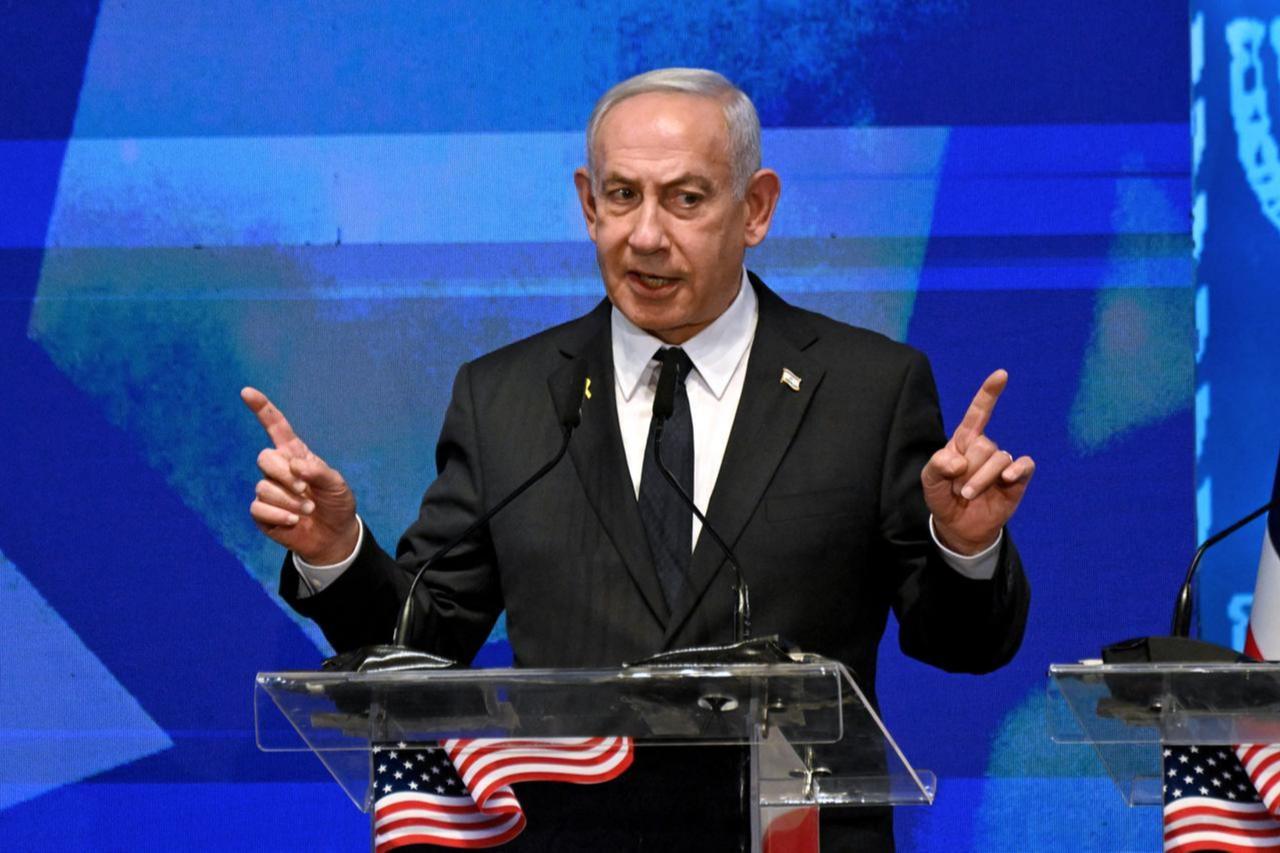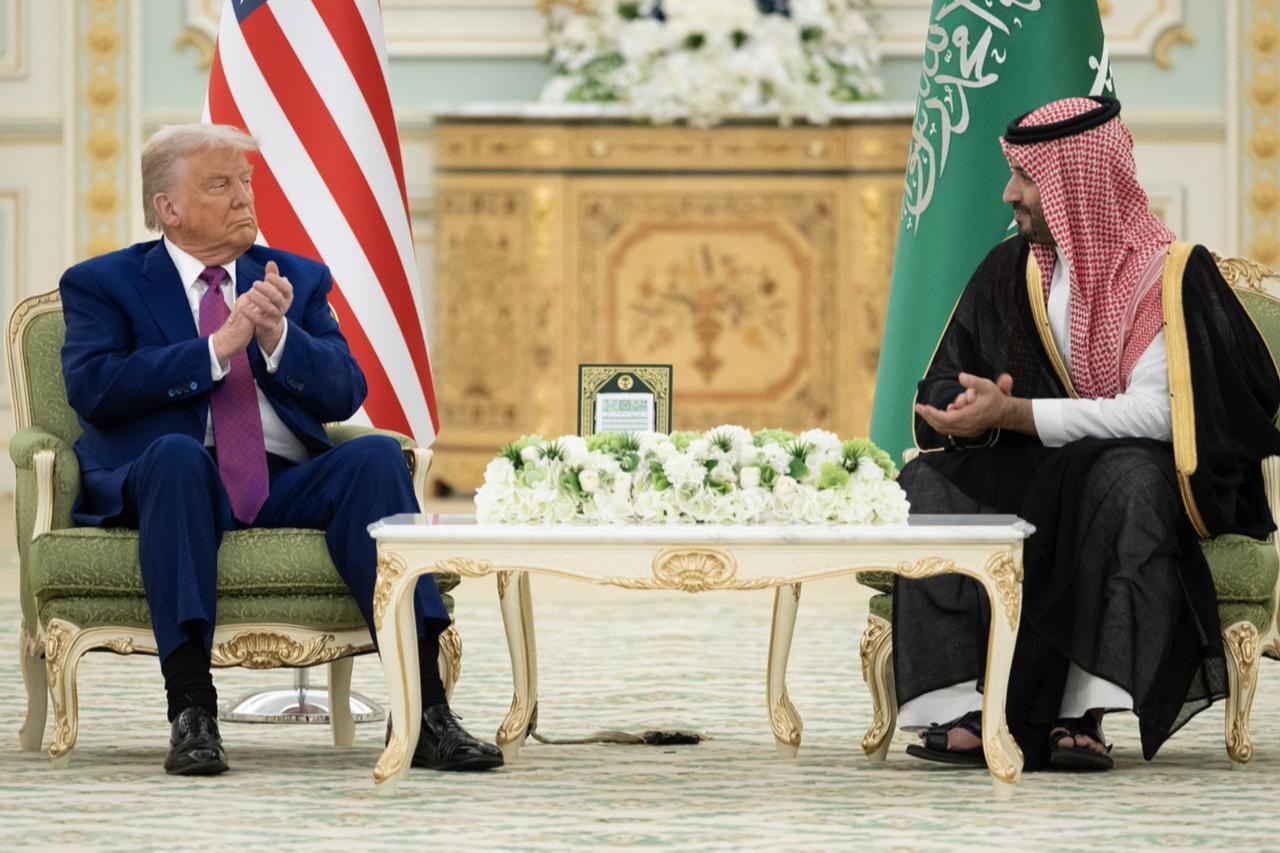
Israeli Prime Minister Benjamin Netanyahu said Thursday he does not believe the United States will sell F-35 fighter jets to Türkiye, and threatened a far stronger Israeli response to any such deal than to Washington’s recent agreement with Saudi Arabia.
"I understand that this possibility is very remote, if it even exists at all," Netanyahu told the Telegram channel Abu Ali Express. "Our position regarding the Saudi issue and the F-35, and Saudi Arabia is not a state of confrontation with us, would be that stance multiplied on steroids when it comes to selling F-35s to Türkiye,"
Netanyahu said he was reassured that the F-35 jets designated for Saudi Arabia would lack certain advanced capabilities. He asserted that Saudi Crown Prince Mohammed bin Salman did not receive "everything he wanted" from U.S. President Donald Trump regarding the military package.
Commenting on regional diplomacy, Netanyahu said he remained “cautiously optimistic” about normalization with Saudi Arabia but reiterated that Israel would not permit the creation of a Palestinian state — a condition reportedly sought by Riyadh as part of any progress. Netanyahu also addressed talks with Syria, which focus on demilitarizing southwestern Syria and protecting the Druze community, stating that Damascus may have even more interest than Israel in reaching a security agreement.
Israel remains the only country in the Middle East operating the F-35, one of the most advanced multi-role stealth fighters in the world. Under U.S. law, it is guaranteed a qualitative military edge (QME), requiring that its armed forces maintain technological superiority in the region. Netanyahu said he had a detailed conversation with U.S. Secretary of State Marco Rubio, who reaffirmed Washington’s commitment to upholding this edge in all arms sales and military transfers across the Middle East.
U.S. officials confirmed to Reuters that the F-35 jets bound for Saudi Arabia would be less advanced than Israel’s, lacking the weapons systems, electronic warfare tools, and radar-jamming upgrades that Israel is permitted to integrate independently.

Türkiye joined the U.S.-led Joint Strike Fighter (JSF) program in 2002 as the seventh international partner and placed orders for up to 134 F-35A jets, with planned contributions to production through Turkish Aerospace Industries. Türkiye paid approximately $1.4 billion toward the program before it was removed in 2019, after Ankara acquired Russian-made S-400 air defense systems, with the United States citing security incompatibilities.
Most recently, the topic came into the spotlight during President Recep Tayyip Erdogan’s visit to the White House in late September, along with discussions on CAATSA sanctions and the Halkbank case.
"Regarding the F-35, during our most recent meeting with U.S. President Mr. Trump, we took positive steps," Erdogan said in his most recent remarks on the topic in early November. "I hope the promises made will be fulfilled, and that we will acquire strong capabilities through the F-35s."